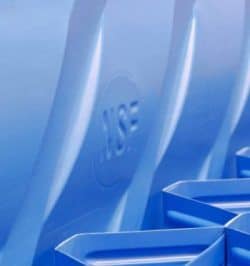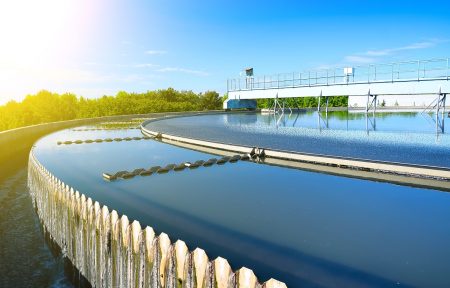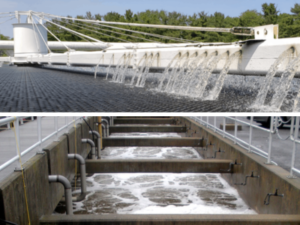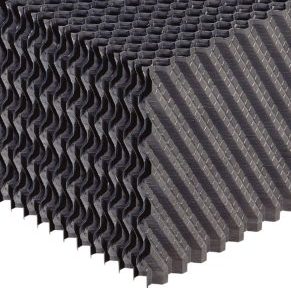 Brentwood is committed to delivering high-quality products and services to our customers and the water industry. For this reason, we have invested, and continue to invest, in ensuring our products are certified to the NSF/ANSI Standard 61 for water treatment and distribution applications.
Brentwood is committed to delivering high-quality products and services to our customers and the water industry. For this reason, we have invested, and continue to invest, in ensuring our products are certified to the NSF/ANSI Standard 61 for water treatment and distribution applications.
NSF Certification
Before a product can earn NSF certification, every aspect of its development is thoroughly evaluated by an independent testing laboratory. This evaluation includes everything from extensive product testing to material analyses to factory inspections. And the certification process is not a one-time event; it involves regular on-site audits of raw materials, manufacturing facilities, and surveillance of products to ensure that they continue to meet the same high standards required to maintain certification over time.
Products that earn NSF approval typically use terminology such as “NSF certified” or “NSF listed” to denote the certification and will display the approved NSF certification mark to show that they have been certified by an independent product testing and certification organization.
NSF Compliance
When a manufacturer makes the claim that its products are compliant with the NSF standard, it is stating that the product adheres to the requirements of the standard but does not communicate how or by whom compliance was determined. Manufacturers who claim compliance also have the flexibility to change suppliers or materials at any time, potentially altering the “compliant” product. In other words, the products and materials are not physically evaluated, tested, or certified by an independent third party to meet the NSF/ANSI Standard 61 requirements. However, these manufacturers often utilize vague language such as “tested to the requirements of NSF/ANSI 61” or “compliant with NSF/ANSI 61” to make it appear as though the products meet the standard.
So, what’s the big deal?
The Association of State Drinking Water Administrators conducted a member survey that found certification is required – not just recommended, but regulated and required – in all but 7 states in the United States! This is because NSF certification provides a certain level of protection for the facilities in which the components are being utilized.
To learn what the NSF requirements are in your state, have a look at this map. You can also verify whether a product is NSF certified by visiting the official listings.


